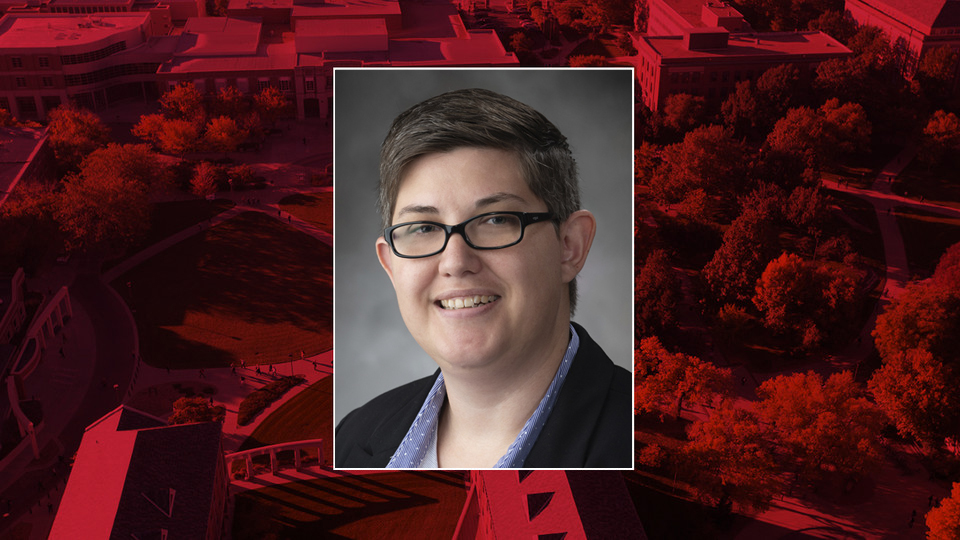
Archived Story: This article is part of our newsletter archives. It has
been preserved for reference, but the information may no longer be current.
Taking stock of what worked and what didn’t, and making plans for improvement while everything is fresh in your mind, is essential for your growth as an instructor and important documentation for your teaching portfolio.
To make it easier to do an end-of-term reflection, Amy Ort, instructional designer for the Center of Transformative Teaching, put together a series of prompts to help with the process. Instructors needing additional assistance should contact an instructional designer assigned to their college.
Reflection Prompts
- How are you feeling? How do you think the semester went as a whole?
- If you made them, read through your pre-semester expectations. To what degree did the course fit with your expectations? Did students fully learn the important thing you were hoping for?
- Read through the reflections you made during the semester.
- Overall, what things went well? What things seemed to most energize and engage your students?
- What things didn’t go as well? Is there any pattern of similarity across those things?
- What units, materials, and assignments could most benefit from revision before teaching this course again?
- Overall, what things went well? What things seemed to most energize and engage your students?
- How have you grown as an instructor over the last semester? What growth do you hope to exhibit in the future? What additional knowledge or experiences could help you with this growth?
- Of particular importance is reflecting on the assessments that you used during the semester. You’ll want to take a close look at how students performed relative to things like your own expectations of where students should be, the objectives of the course, and student demographic backgrounds. Important questions to ask include:
- Based on the results of the assessments in the course, did all students that passed the class meet the stated course objectives? If not, you may need to revise your learning materials or assessment system to ensure that students are meeting objectives.
- If you used exams in the course, you may want to reflect on overall exam scores as well as looking at subsets of questions related to particular course objectives. Are students demonstrating the same level of learning for all objectives? Are there particular topics that they struggle with? Using the exam analytics available within Canvas, are there any questions that are potentially problematic and in need of revision?
- If you use papers in your course, you may want to reflect on how well students are supported in their writing. Do you dedicate time in class to instruction in expectations for student writing? Are you giving students the opportunity to improve by revising multiple drafts? If students have good ideas but struggle with the writing itself, what additional supports may help? If it isn’t a writing emphasis course, could you give students the option of doing a presentation or other creative activity instead?
- If you use projects in your course, you might think about how students are supported over the different phases of the project. Is the project broken down into manageable pieces with students responsible for completing each part by a specific deadline? Do students get feedback at each stage with appropriate time to incorporate changes before the next stage is due? If there are particular aspects that students struggle with (research, content, deliverables, presentations, etc.), can that part get additional support or be broken into multiple, smaller pieces? If the project ends with a formal presentation, do they have the opportunity to practice giving formal presentations before that takes place?
- Based on the results of the assessments in the course, did all students that passed the class meet the stated course objectives? If not, you may need to revise your learning materials or assessment system to ensure that students are meeting objectives.
More details at: https://teaching.unl.edu/